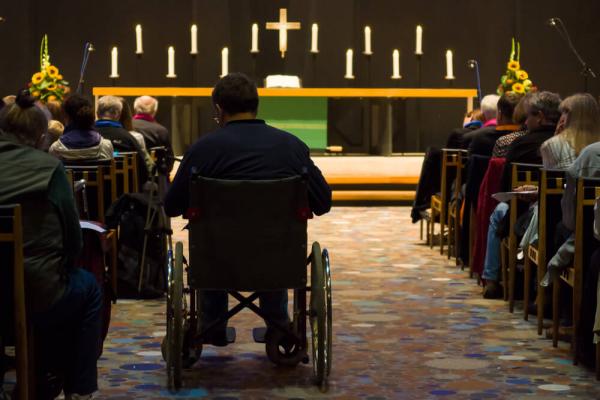Nov 7, 2018
Going to a new church as a disabled person is a brave act. Why? Because churches have a history of being unwelcoming to us.
I love the church. I can’t and won’t give the church up, no matter how wounded I feel. Yet, I know more disabled people who have left the church than who have stayed. I know more parents who have left after giving birth to or adopting children with disabilities than who have stayed. Whenever I’m asked about Christian speakers, writers, and leaders who are disabled, I pause to think if I can add any new names to the short list.
Read the Full Article

Already a subscriber? Login
